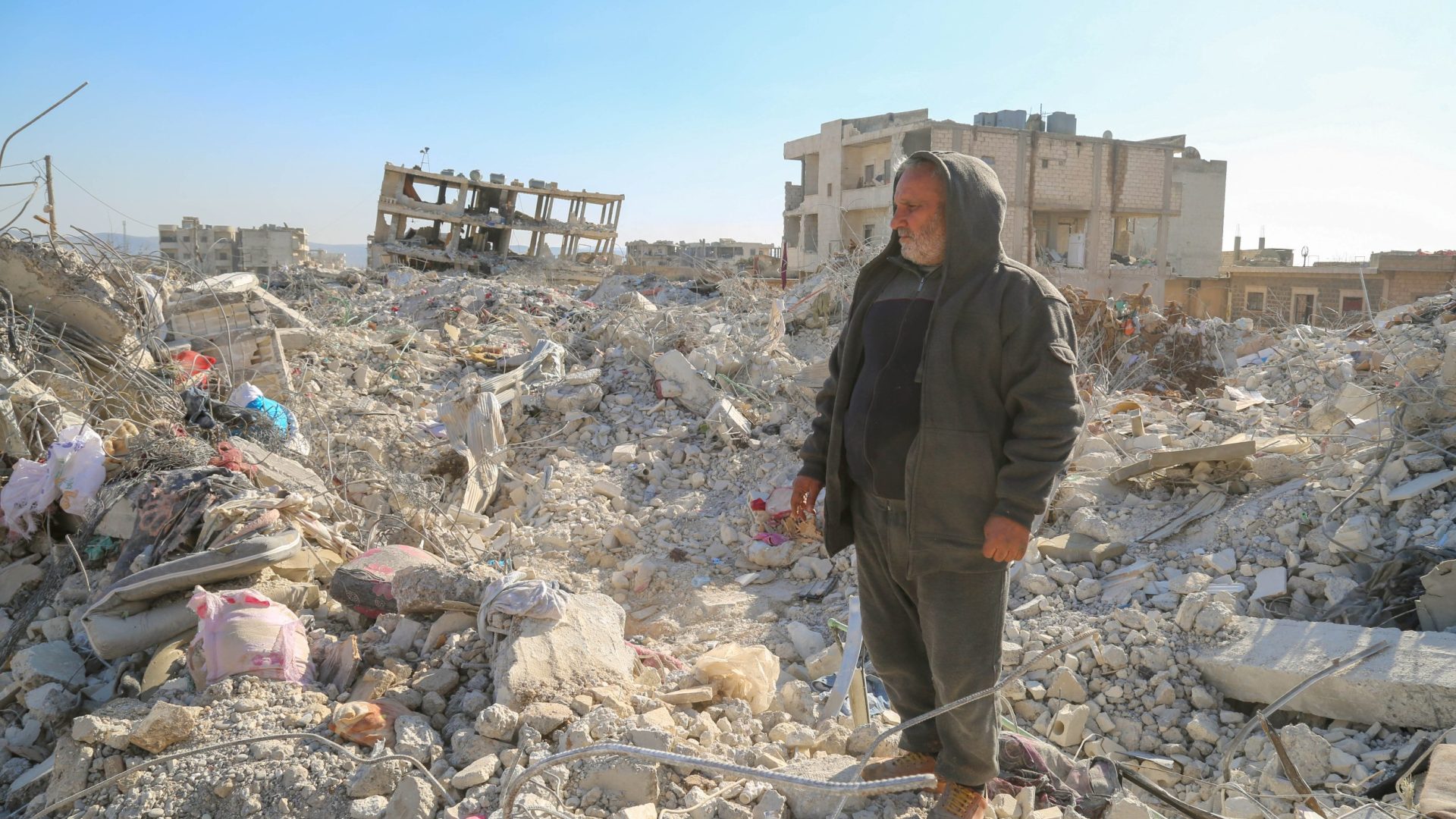• Older people the ‘forgotten of the forgotten’
• Greater accountability needed by all parties involved in aid delivery
• Local organisations in Syria must be prioritised
In the run-up to the seventh Brussels Conference on ‘Supporting the future of Syria and the region’, HelpAge International is calling for a shake-up of humanitarian funding which they believe is not reaching where it is most needed in northwest Syria. This is attributed to a lack of sufficient funds, poorly targeted funding, political issues and the neglect of older and disabled people.
More funding is urgently needed as only 11% of the Humanitarian Response Plan is currently funded. And what funding is available needs to be targeted towards the areas and the people who need it the most on an impartial basis, using an evidence-based approach that ensures those most at risk are not overlooked.


